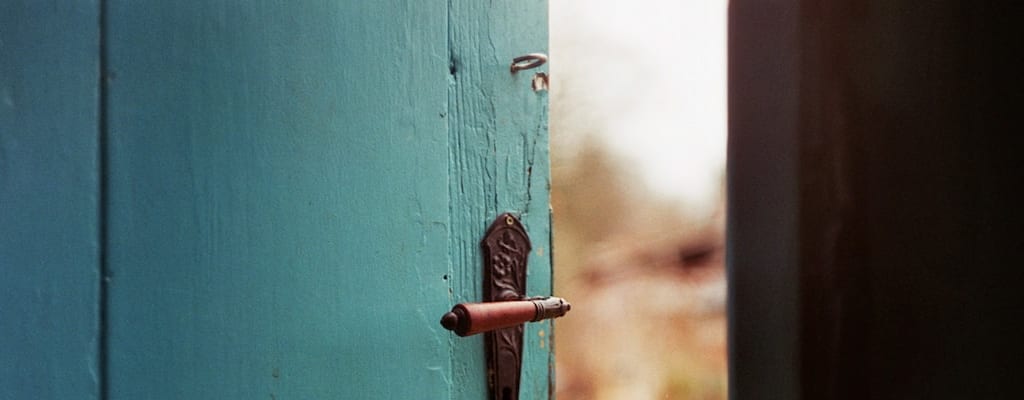chance’d be a fine thing: Idiom Meaning and Origin
What does ‘chance'd be a fine thing’ mean?
The idiom "chance'd be a fine thing" is used to express skepticism or doubt about the likelihood of something happening.

Idiom Explorer
The idiom "smart chance" is used to express skepticism or disagreement about the likelihood of something happening.
The idiom "dumb luck" refers to a situation where someone achieves success or good fortune purely by chance or luck, without any skill or effort on their part.
The idiom "doomed if you do, doomed if you don't" refers to a lose-lose situation, where any choice or action will lead to negative consequences or a bad outcome.
The idiom "dog's chance" refers to having very little or no possibility of success or survival in a given situation.
The idiom "dice roll" means to take a chance or make a risky decision without being certain of the outcome. It is often used to describe situations where the outcome is uncertain, and there is a sense of unpredictability or luck involved.
The idiom "damned if one does and damned if one doesn't" means that no matter what action or decision one takes, they will face negative consequences or criticism.
Meaning: The stated event or situation is extremely fortunate or positive, and the person experiencing it is particularly deserving or kind.
The idiom "come what may" means to face or accept whatever may happen or come, without worrying or fearing the outcome. It implies a determination to confront challenges or difficulties with courage and perseverance.
The idiom "cold day in Hell" refers to a highly unlikely event or situation.
Decoding Illusive Optimism
The idiom "chance'd be a fine thing" is commonly used in British English to express skepticism or doubt about the possibility of something happening. It is often used sarcastically or ironically to convey the idea that the desired outcome is unlikely or improbable.
The origin of this idiom is believed to be in the early 20th century. It is thought to be a shortened form of the longer expression "if chance should ever be so kind as to make that happen, it would be a wonderful thing." Over time, this expression was condensed into the shorter and more easily spoken form that is commonly used today.
The idiom "chance'd be a fine thing" is used in various contexts, including conversations, written texts, and humorous or satirical content. It is typically used when discussing something that is unlikely to happen or expressing skepticism about the possibility of a desired outcome.
For example, if someone says, "I hope I win the lottery," another person might respond, "smart chance!" This response indicates that the person believes winning the lottery is highly unlikely. The phrase "smart chance" is another idiom that emphasizes the unlikelihood of an event occurring.
"chances are" is another related idiom that can be used in conjunction with "chance'd be a fine thing." It refers to the probability or likelihood of something happening. For example, if someone says, "Chances are I won't get the job," they are expressing doubt about their chances of getting hired.
The idiom "dog's chance" is also related to "chance'd be a fine thing." It refers to a very slim or unrealistic chance of something happening. For example, if someone says, "He doesn't have a dog's chance of winning the race," they are conveying the idea that the person has no real chance of winning.
The phrase "a cold day in July" is yet another related idiom. It is used to express the improbability of an event occurring. For example, if someone says, "He'll apologize when pigs fly and it's a cold day in July," they are emphasizing that the person is unlikely to ever apologize.
The idiom "as luck would have it" can also be associated with "chance'd be a fine thing." It is used to describe a situation in which something happens by chance or by luck. For example, if someone says, "As luck would have it, I found the perfect job right after I was laid off," they are attributing the fortunate outcome to chance or luck.
"chance'd be a fine thing" is a common idiom in British English used to express doubt or skepticism about the likelihood of something happening. Its origin can be traced back to the early 20th century, and it is used in various contexts. The related idioms "smart chance," "chances are," "dog's chance," "a cold day in July," and "as luck would have it" further emphasize the uncertain or improbable nature of certain events. While primarily used in British English, the meaning of this idiom can still be understood by speakers of American English.
Example usage
Examples of how the idiom chance'd be a fine thing can be used in a sentence:
- After losing his job, John said, "If I could find another one, chance'd be a fine thing."
- When asked if she would ever consider getting married, Sarah replied, "Well, if someone actually proposes to me, chance'd be a fine thing."
- Upon hearing about a possible promotion at work, Tom remarked, "If I were chosen for that position, chance'd be a fine thing."
More "Disappointment" idioms



